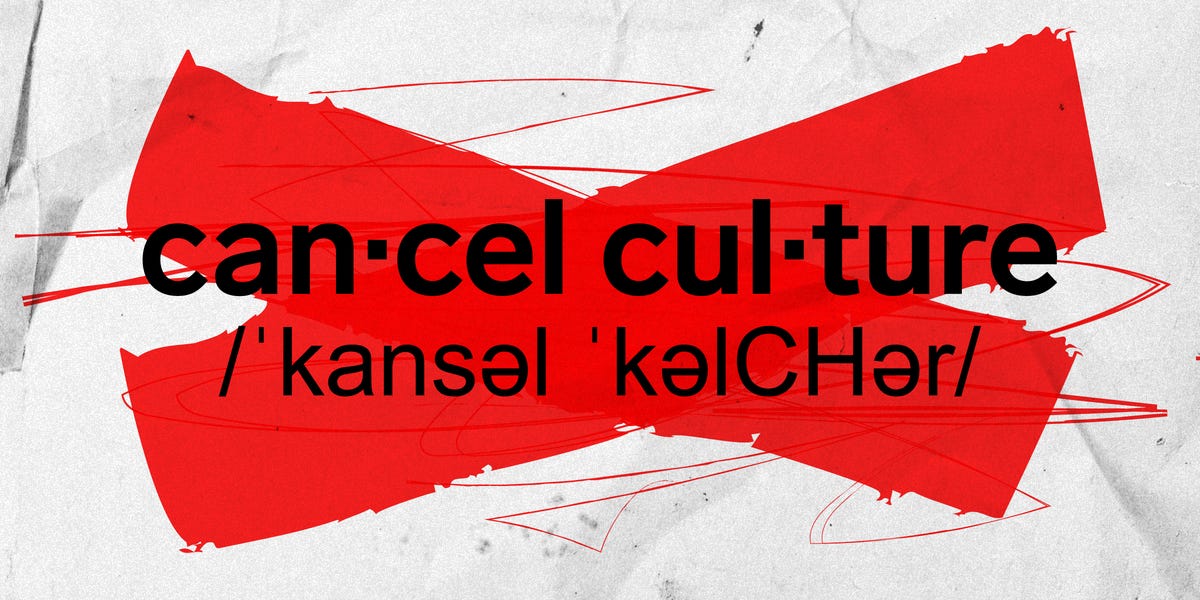It seems like almost every other week now, you hear about another celebrity, TikToker, or influencer being labeled as "canceled" over a comment or action—whether it's something recent or something just now being revealed from years ago. From singers and rappers like Doja Cat and DaBaby, to influencers and YouTubers like Jeffree Star and Nikita Dragun, no one seems safe from being exposed and facing the consequences of their words or decisions. I find it interesting how common it’s become for the "dirty laundry" of famous people to be aired, and how quickly that information spreads, often with the goal of ending that person’s public career for good. A few years ago, it seemed like celebrities had it much easier—many controversial things they said or did were simply swept under the rug. But nowadays, especially with social media and its millions of users, celebrities are constantly under scrutiny and walking on thin ice. Yet, people like DaBaby still mess up, fail to apologize when given the chance, and face the wrath of the internet.
I do agree that people should be held accountable for their actions and words, but I also believe that cancel culture—though sometimes justified (like in the case of Harvey Weinstein)—has gotten out of hand and can negatively affect people’s mental health. Living in a society where people are constantly looking for mistakes and waiting for you to "fall from grace" like it's some kind of entertainment can cause anxiety. People might also start having trouble conversing, unsure whether something they say or like might be considered offensive or "wrong," leading to social issues and isolation. Moreover, the act of "canceling" is often ineffective and can feel like false activism. "Canceling" can sometimes just be an excuse for people to leave hateful and hurtful comments, isolating the person they’re targeting. One person being in the wrong shouldn’t give others the right to respond with the same level of cruelty, under the guise of moral superiority.

The Office – an iconic series that has gained widespread popularity – heavily relies on crude humor and jokes that range from sexual to racist or discriminatory, particularly through the character of Dunder Mifflin's boss, Michael Scott. Yet, even years after its release, it remains beloved by a large audience and has built a dedicated fan base. Steve Carell, who plays Michael Scott, even mentioned in an interview that he doesn’t think The Office would be as accepted if it were brought back or released today, given the current cultural climate. It’s clear that comedy has shifted in recent years, and the change is easy to spot. Other films like Bad Teacher or The Interview could easily be seen as wildly inappropriate and would likely be "canceled" if they were produced today. It’s interesting how the release date can sometimes matter more than the actual content when it comes to what’s considered problematic or acceptable. Despite the controversial nature of these films, they are still watched, appreciated, and laughed at today.
It makes you wonder whether we’ve become too sensitive as a society, driven by a desire to maintain a “morally good” public image or if we genuinely care about protecting the people or groups these jokes might offend. Based on the behavior we often see on social media, unfortunately, I think it’s more about the former.










 Login with Google
Login with Google Login with Twitter
Login with Twitter





 Ella Norris
Ella Norris
 Kashish
Kashish


 by
by 

Add Comments